Pulsar Astrophysics
As one of the research groups of the Jodrell Bank Centre for Astrophysics, we form part of the School of Physics and Astronomy of the University of Manchester, in the United Kingdom. We are involved in a wide range of projects associated with the search for pulsars and fast transients as well using them for tools to study the Universe around us. We summarise a sample of our work below. Recent highlights have included: A pulsar with a Diamond Planet companion; a population of Fast Radio Bursts likely at cosmological distances; long term evolution of the pulse shape of the Crab pulsar; and a way to make pulsars even better cosmic clocks.
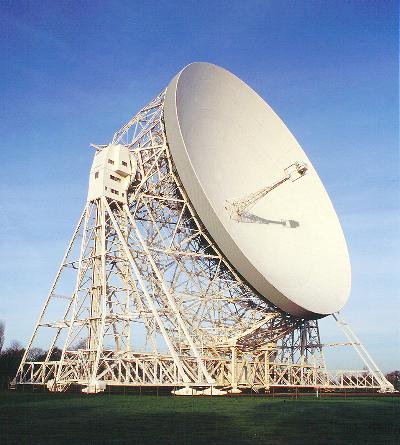 | The Lovell Telescope - In 2002, the panels making up the surface of the Lovell Telescope have been replaced with new ones cut from galvanised steel. Have a look at the pictures. |
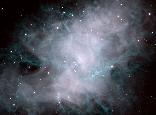
|
The Crab Nebula - Obtain the latest spin parameters of this exciting pulsar. |

|
The High Time Resolution Universe Survey - The latest survey of the Southern sky using the 64-metre radio telescope in Parkes, Australia has made several exciting discoveries. |
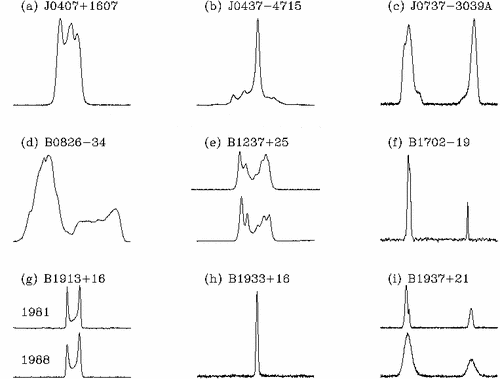
|
Pulsar Timing Irregularities - The Jodrell Bank timing database provides one of the most useful archives for studying timing irregularities in pulsars. For example, we host a constantly updated glitch catalogue here. |
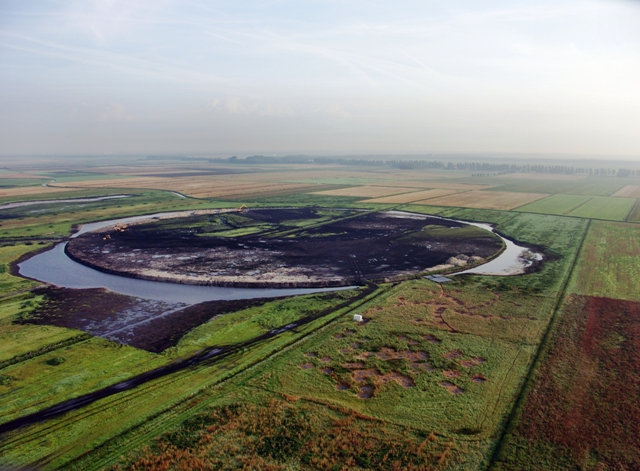
|
Pulsars and LOFAR - The LOFAR all sky survey is expected to uncover over 1,000 pulsars in the Northern Sky, adding significantly to the Galactic pulsar catalogue. |
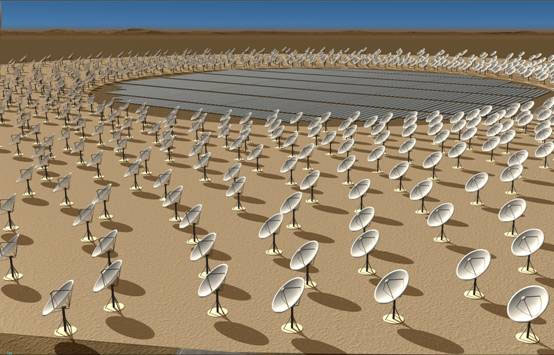
|
Pulsars and the SKA - Astronomers in Manchester are working out how to find and study radio pulsars with the Square Kilometre Array. |
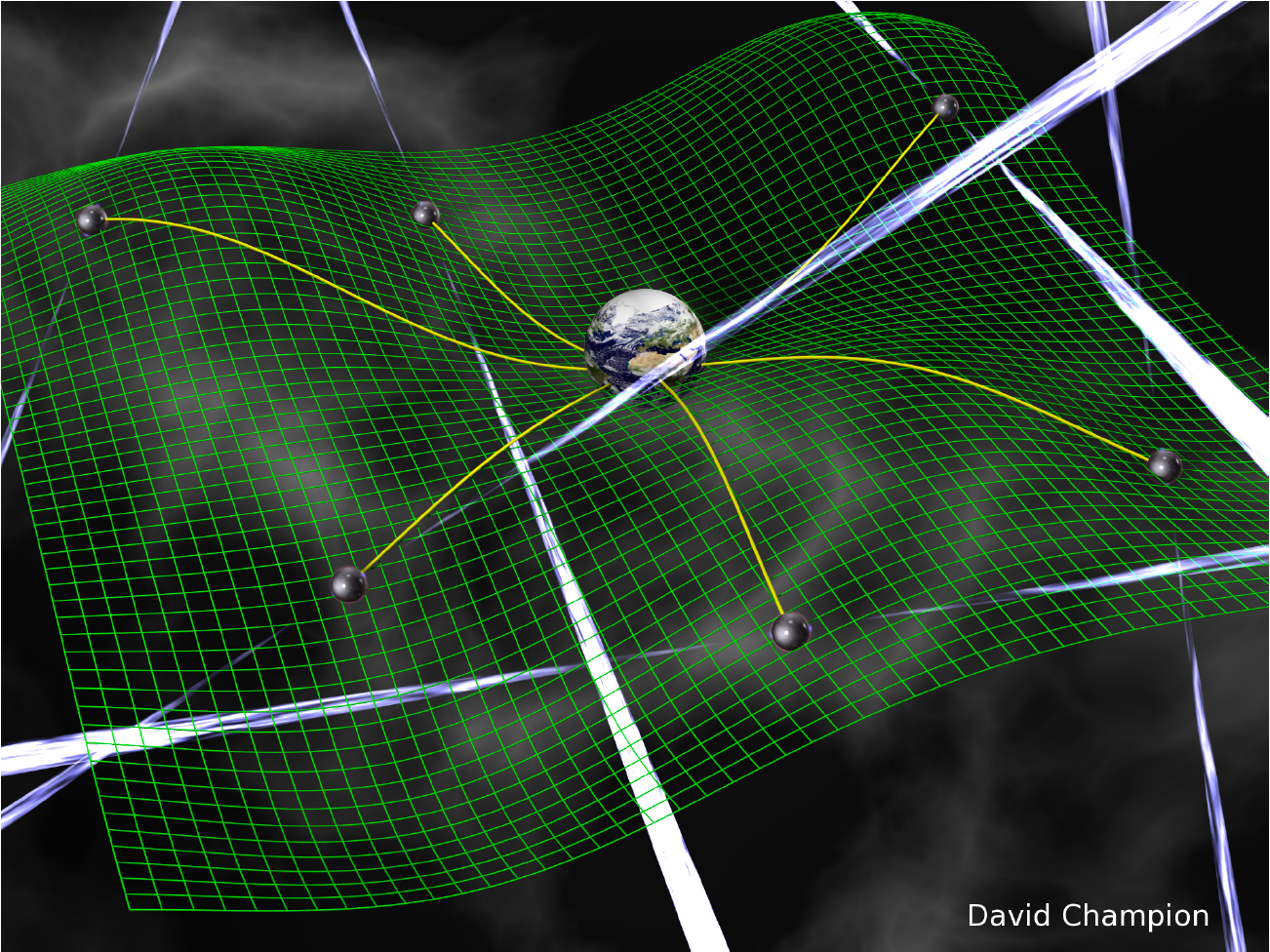
|
Pulsar Timing Arrays - Our role in the international effort to achieve the first ever direct detection of gravitational waves. |
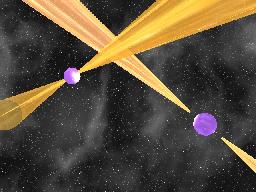
|
The Double Pulsar - A unique pulsar binary system in testing General Relativity. |
Formed in supernova explosions following the collapse of massive evolved stars, pulsars make superb cosmic clocks which are used to study some of the most extreme physics in the the universe. In these web pages, we hope to provide you with a glimpse of the research conducted here into the fascinating world of pulsar astronomy. You can find out all about pulsars and even listen to the sounds of pulsars, when a large radio telescope is connected to a loudspeaker. You can learn all about our group, about some of the technology we use to study them, such as our STFC funded super-computer, HYDRA, and about the publications describing the research conducted by members of the group. Additionally, these pages also provide access to a large number of resources for pulsar astronomers, such as local databases, including our monthly ephemeris of the Crab pulsar, a glitch catalogue, documentation on Jodrell Bank pulsar software tools, and links to other related sites around the world. Finally, you will find descriptions of possible PhD projects and MSc projects available to any new students who might care to join in this exciting research.


